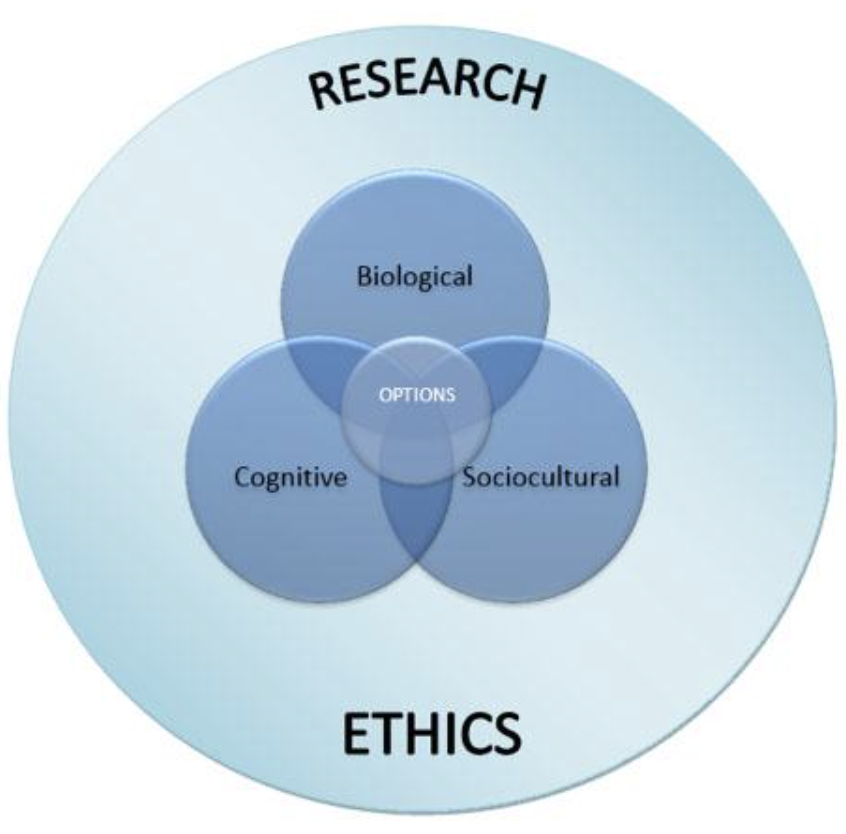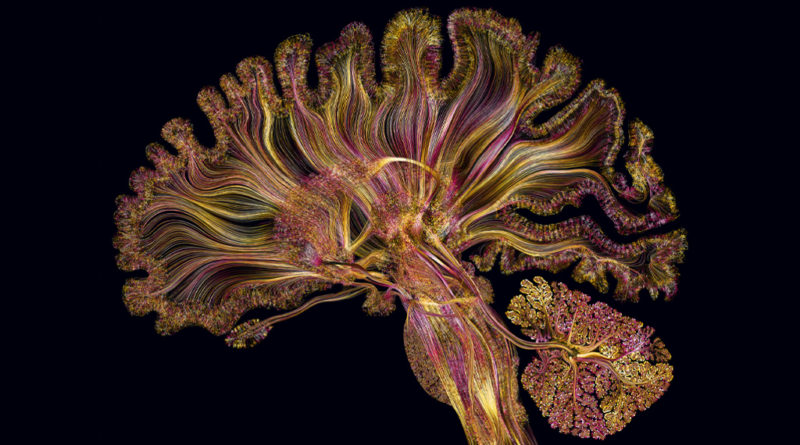Understanding Behaviour: A Biological Approach
Overview of the Psychology Course Offered at EISB/AA
The high school psychology course offered at EISB/AA involves the systematic study of behaviour and mental processes. The core of the course introduces students to three different approaches to understanding behaviour:
- Biological approach
- Cognitive approach
- Sociocultural approach
“At the core of the psychology course is an introduction to three different approaches to understanding behaviour: the biological, cognitive and sociocultural approaches. Students study and critically evaluate the knowledge, concepts, theories and research that have developed the understanding in these fields.
The interaction of these approaches to studying psychology forms the basis of a holistic and integrated approach to understanding mental processes and behaviour as a complex, dynamic phenomenon, allowing students to appreciate the diversity as well as the commonality between their own behaviour and that of others.
The contribution and the interaction of the three approaches is understood through the four options in the course, focusing on areas of applied psychology: abnormal psychology, developmental psychology, health psychology, and the psychology of relationships. The options provide an opportunity to take what is learned from the study of the approaches to psychology and apply it to specific lines of inquiry” (From the subject brief).

From the subject brief, the aims of the psychology course are for students to:
- Develop an understanding of the biological, cognitive and sociocultural factors affecting mental processes and behaviour
- Apply an understanding of the biological, cognitive and sociocultural factors affecting mental processes and behaviour to at least one applied area of study
- Understand diverse methods of inquiry
- Understand the importance of ethical practice in psychological research in general and observe ethical practice in their own inquiries
- Ensure that ethical practices are upheld in all psychological inquiry and discussion
- Develop an awareness of how psychological research can be applied
- Address real-world problems and promote positive change
- Foster curiosity, creativity and a lifelong enjoyment of learning.
Biological Approach to Understanding Behaviour

In their current unit, IB/AA Psychology students are exploring the biological approach to understanding behaviour.
Biological psychology is the study of the biology underpinning behaviour. It focuses primarily on the nervous system, hormones, and genetics. Biological psychology involves the study of the relation between mind and brain, neural mechanisms, and the influence of genes on behaviour.
The biological approach suggests that behaviour is a consequence of our genetics and our physiology. It examines thoughts, feelings, and behaviors from a biological point of view. The biological approach suggests that all thoughts, feelings, and behaviours have underlying biological causes.
Specifically, in the biological approach unit, students will learn about topics/ concepts such as:
- Techniques used to study the brain (e.g., MRI, fMRI, EEG, MEG, etc.)
- Localization of function
- Neuroplasticity and learning
- Neurotransmitters and their effect(s) on behaviour
- Antagonists/ agonists and their effects on behaviour
- Endocrine system and its effect(s) on behaviour
- Genes and their relation to behaviour
- Evolutionary explanations of behaviour
- Research methods used in biological psychology
- Ethical considerations used in biological psychology research
Cognitive and Sociocultural Approaches to Understanding Behaviour
I will post here across the school year outlining the other two core units: the cognitive approach to understanding behaviour and the sociocultural approach to understanding behaviour.




